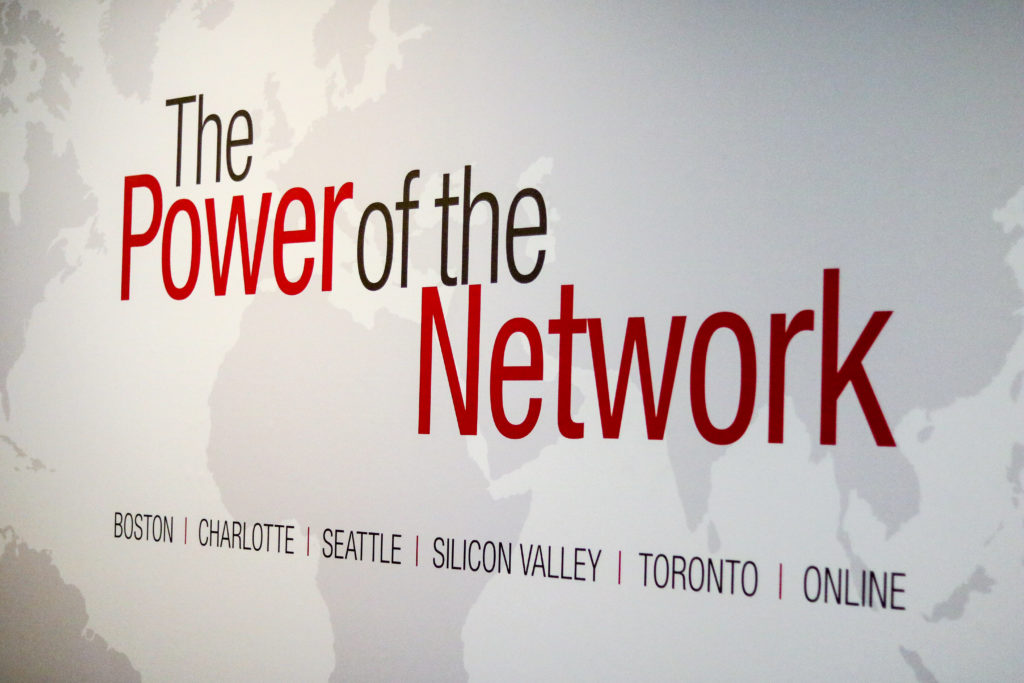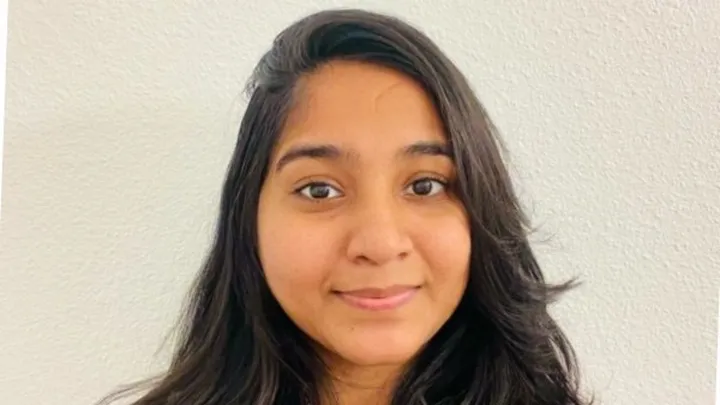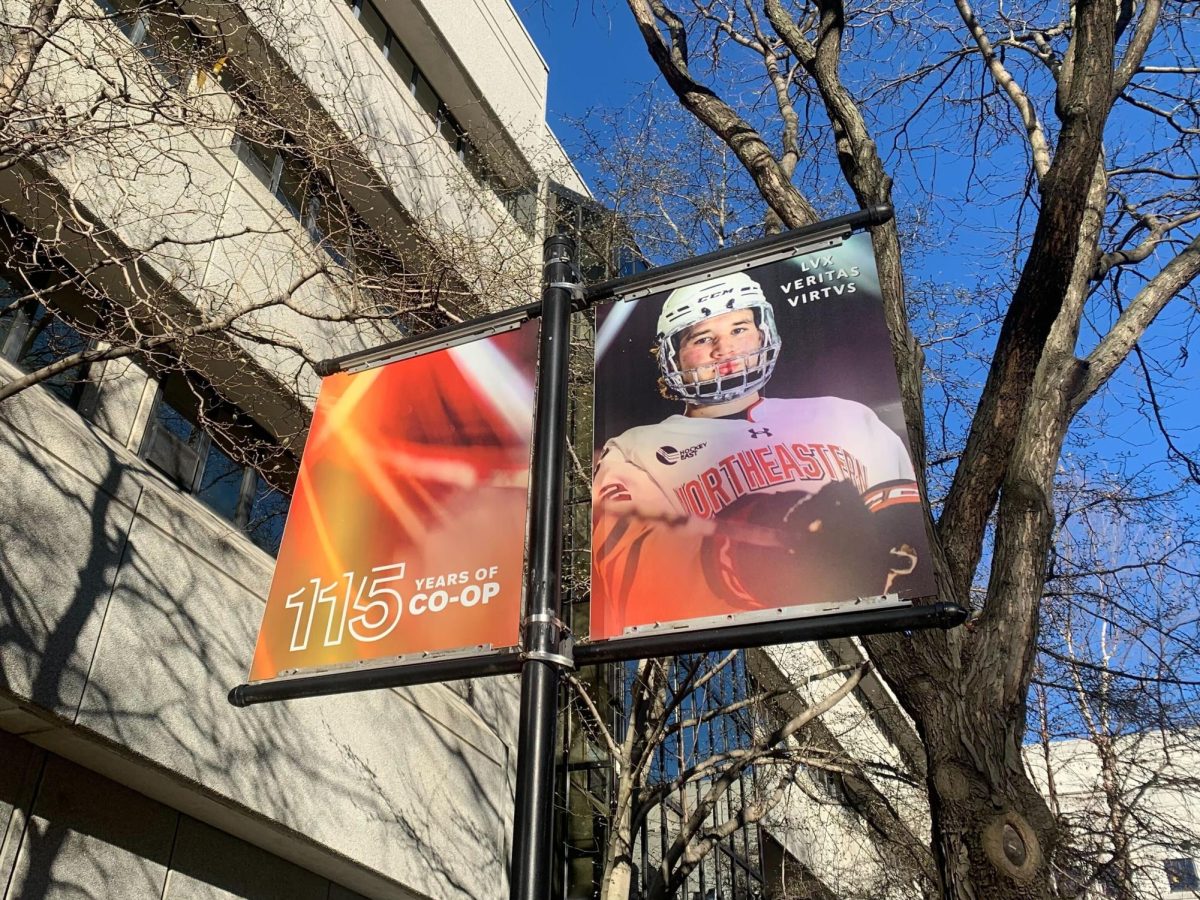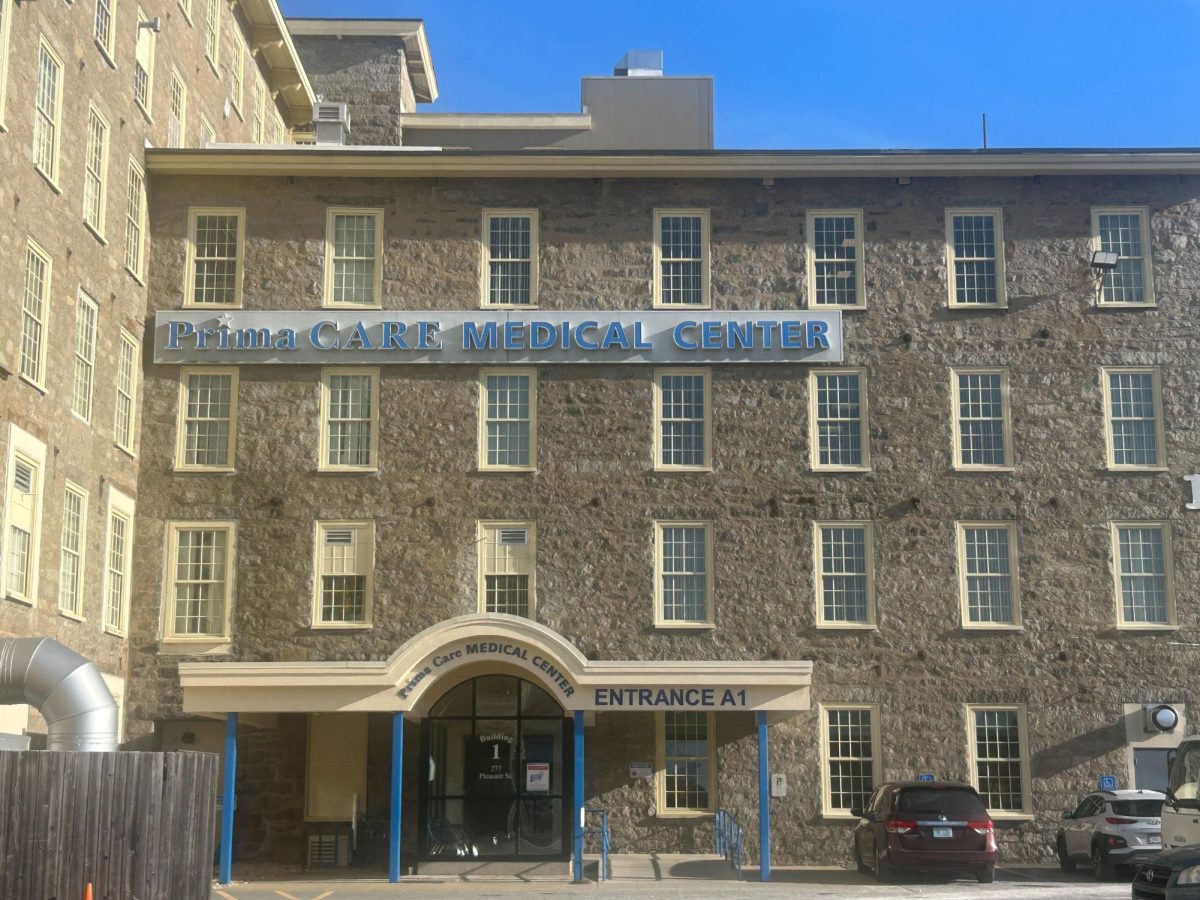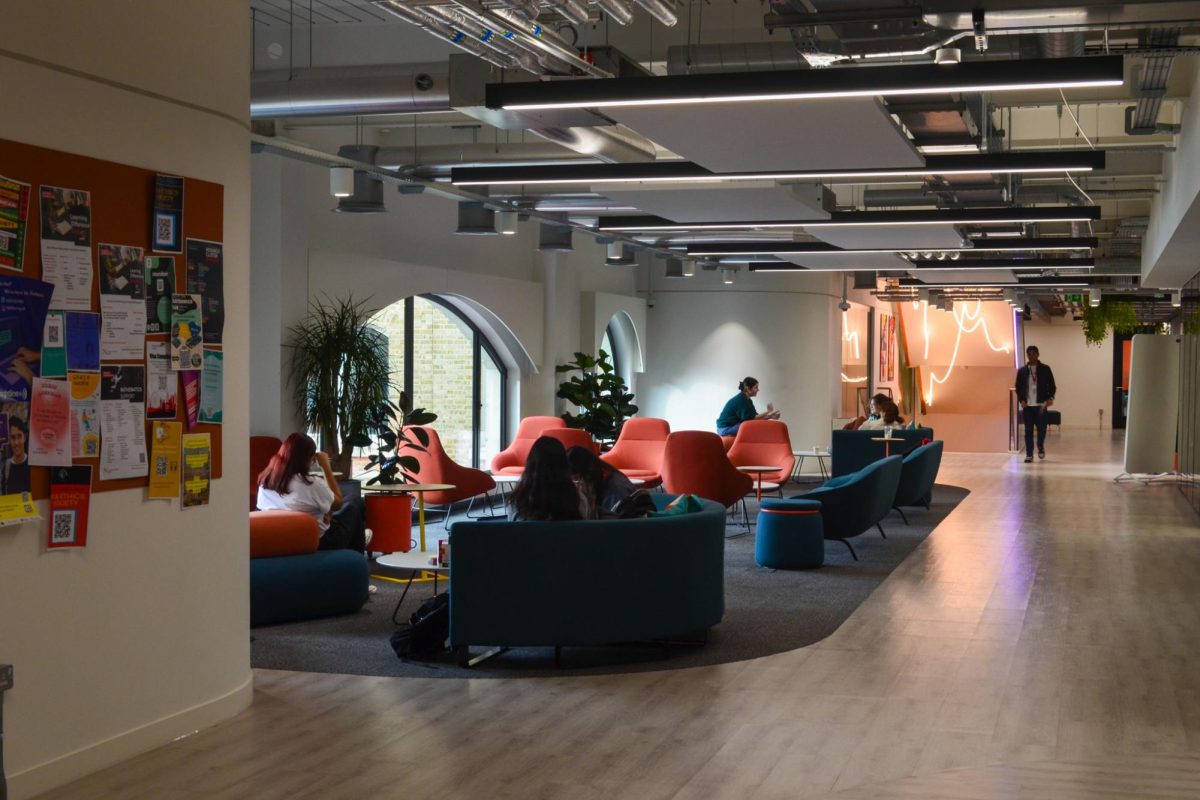By Hugh Shirley, news correspondent
Northeastern University recently launched a new research institute to analyze the interactions between employers and universities.
The institute, called the Center for the Future of Higher Education and Talent Strategy, is part of Northeastern’s Professional Advancement Network, a program that supports continuing education and career development.
Sean Gallagher, the director of the new center, described it as a way for industry and employers to interact with universities and their credentialing systems.
“I would characterize its mission as bringing the voice of employers into higher education and likewise being the voice of higher education in the talent ecosystem,” Gallagher said.
The center will conduct research as to how employers view university certificates and diplomas in order to help the university design and offer better programs that will prepare students to enter the workforce, Gallagher said.
Work on the institute began last fall and culminated into the official university announcement last Friday. The center is part of “Northeastern 2025,” the university’s academic plan which was launched in October 2016.
Philly Mantella, senior vice president of the Professional Advancement Network, and Mary Loeffelholz, interim dean of the College of Professional Studies, announced the center’s launch in a March 21 e-mail to the Northeastern community.
“We are excited that Northeastern is pioneering a center that will fill this critical research gap with its unique academic focus on how higher education models converge with employers’ evolving talent acquisition and talent development strategies,” the e-mail read. “Paramount is how the center will build on the university’s network of relationships with more than 3,000 employer partners and century-long commitment to experiential learning.”
The center’s opening couples with another newly launched research institute on campus called the Research Institute for Experiential Learning Science (RIELS).
“We’ve described the two as two sides of the same coin,” Gallagher said. “They’re related except that they’re very different in their focus.”
While the new center focuses on the employer, RIELS focuses on the students and their experiences with cooperative education.
Both institutes work to understand the employer-employee interaction and its relationship to higher education.
RIELS, which had a soft launch summer 2016, studies how different experiences shape students into successful graduates.
Cigdem Talgar, assistant vice provost for teaching and learning and executive director at RIELS, described the institute’s work as a way to understand experiential learning.
“The more we understand how we learn through experiential learning, the better we can offer learning opportunities for students,” Talgar said.
To promote that field of research at Northeastern, both Gallagher and Talgar said they hope to provide research opportunities for students studying higher education models through new grants funded by either institute.
Through these research institutes, Loeffelholz said Northeastern also aims to solidify its position as a center of thought and understanding.
“Part of the import is to let the world know what we’re doing, and how we’re doing it here,” Loeffelholz said.
Both institutes hope to use Northeastern’s experiential learning model to inform their research, and then use what they learn to improve that model: A cyclical way of improving the co-op program.
“It’s this idea of theory informing practice and practice informing theory,” Cigdem said.
One of ways that this sort of research can change how we view experiential learning is through a new program called the Student Assessed Integrated Learning (SAIL) initiative.
SAIL, which is being tested with undeclared students currently and will be tested with honors students next fall, aims to measure all student experiences – not just in class or on co-op – and how students learn from them.
“Experiential learning is really learning happening everywhere,” Talgar said.
As Northeastern continues to evolve its experiential learning model, research institutes like the Center for the Future of High Education and Talent Strategy and RIELS aim to provide an understanding of how those changes affect both students and employers Loeffelholz said.
“The model has never stayed the same,” Talgar said. “It’s not what it was 100 years ago. It’s been changing and adapting to the needs of the environment, but that’s what Northeastern is really good at.”


